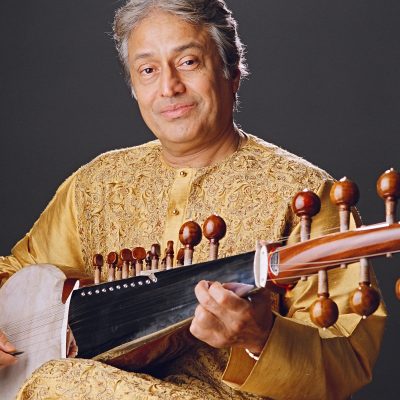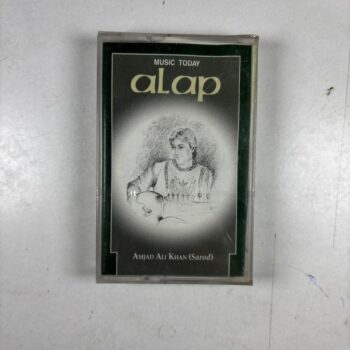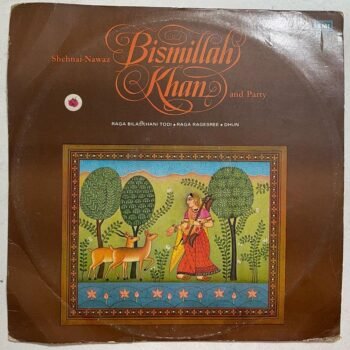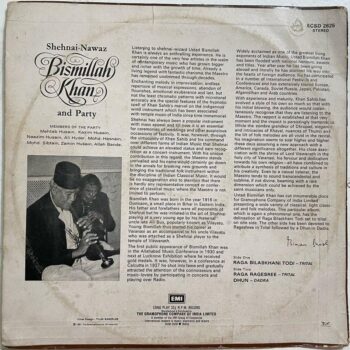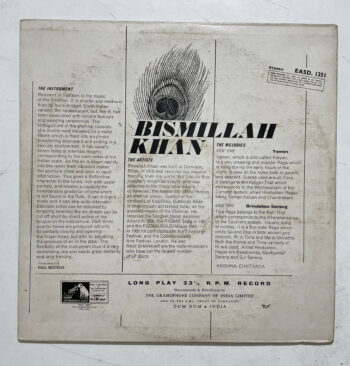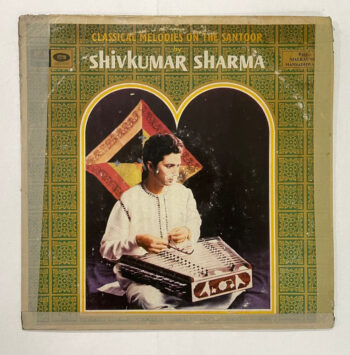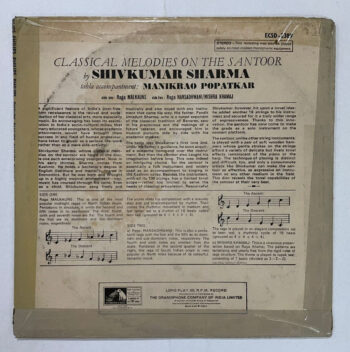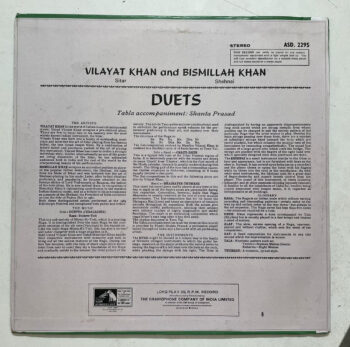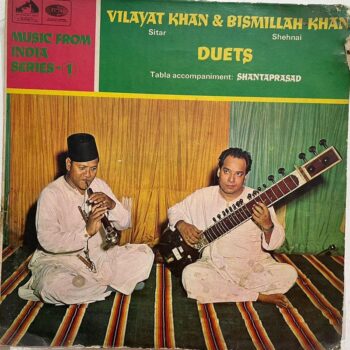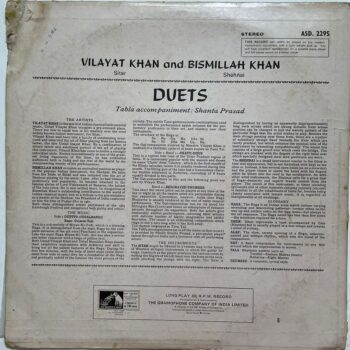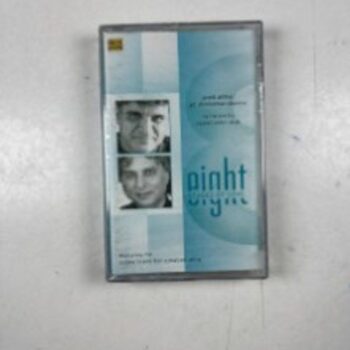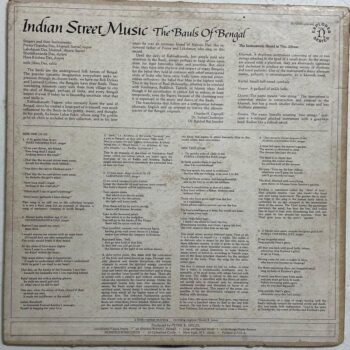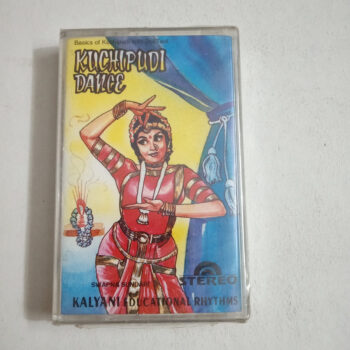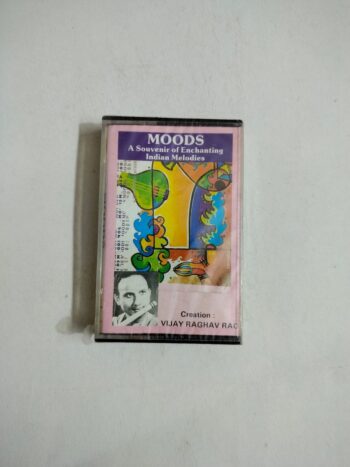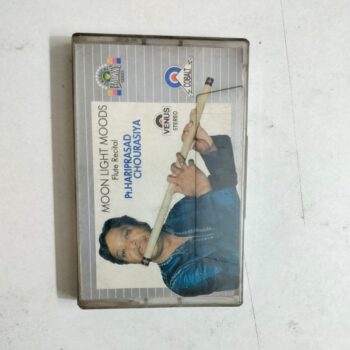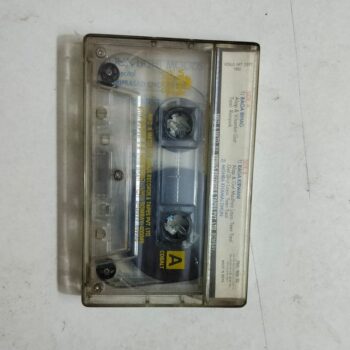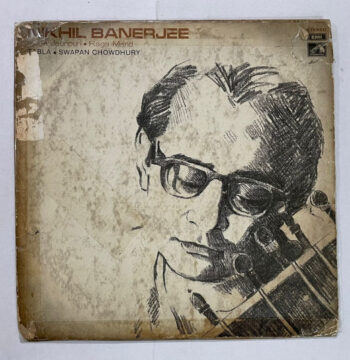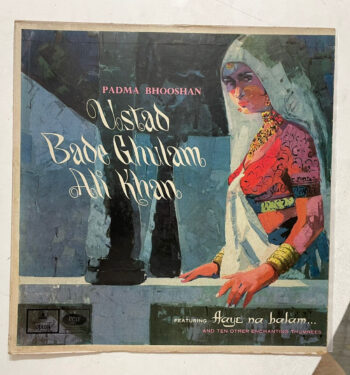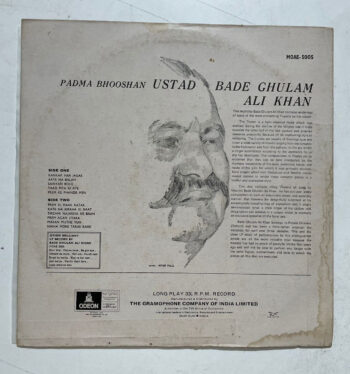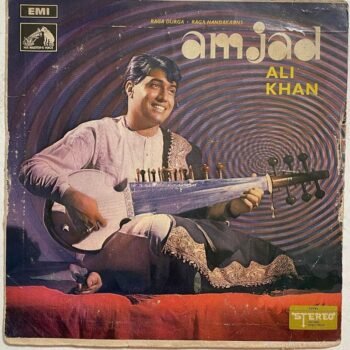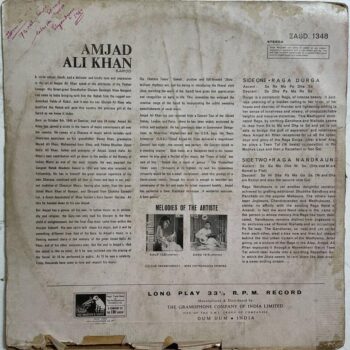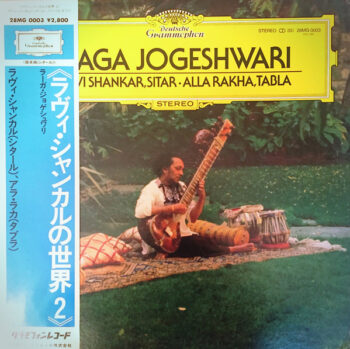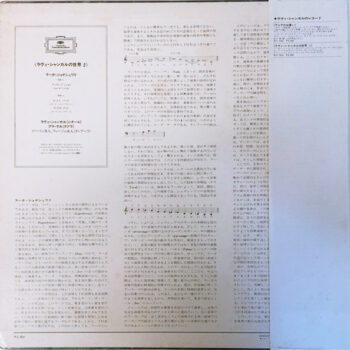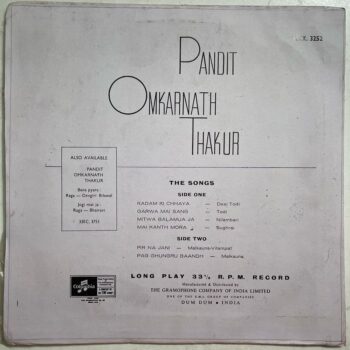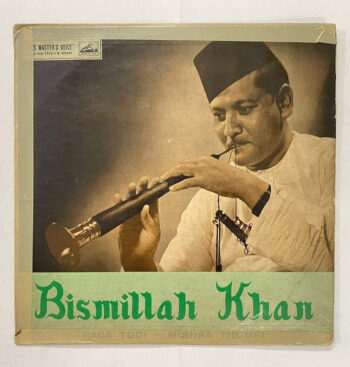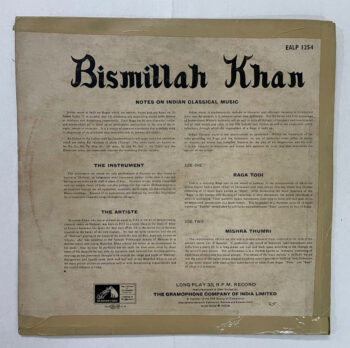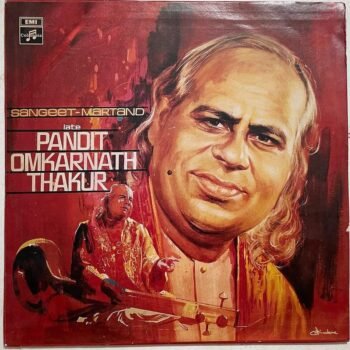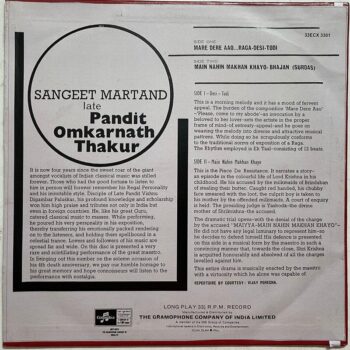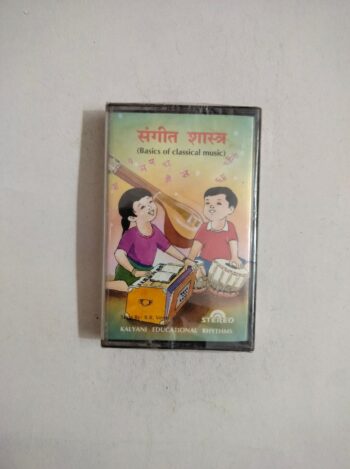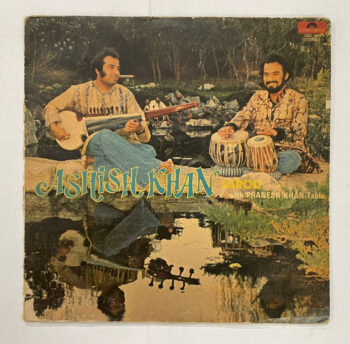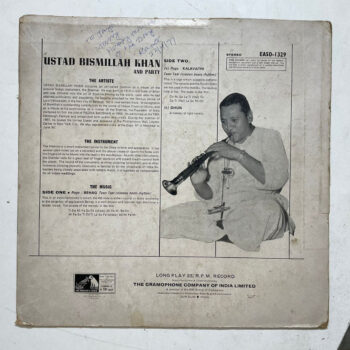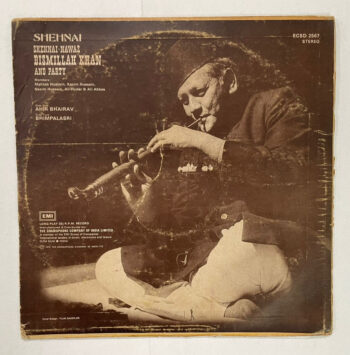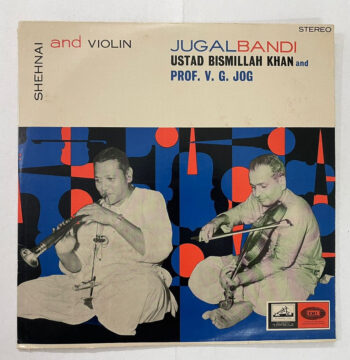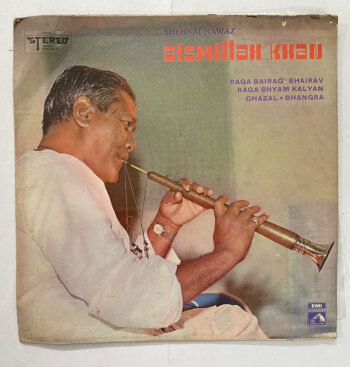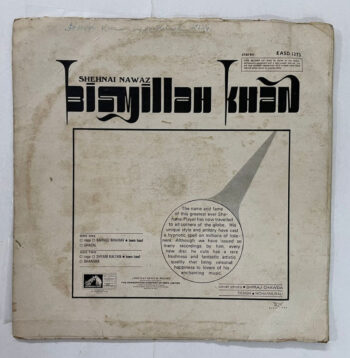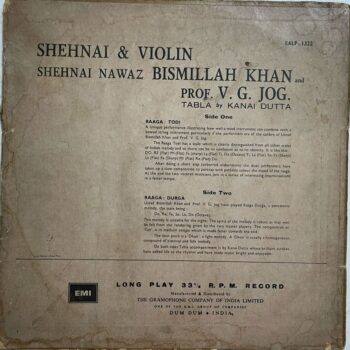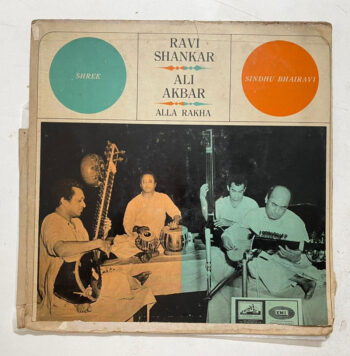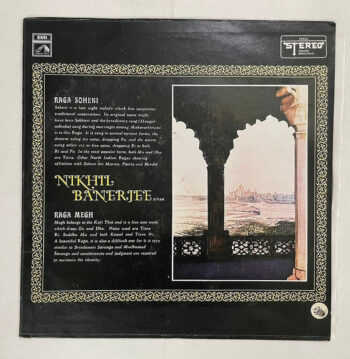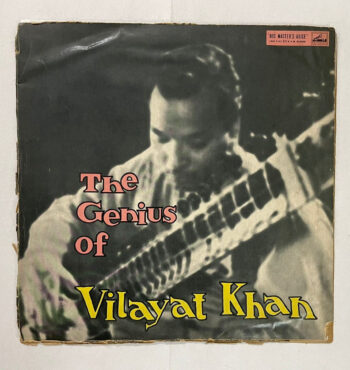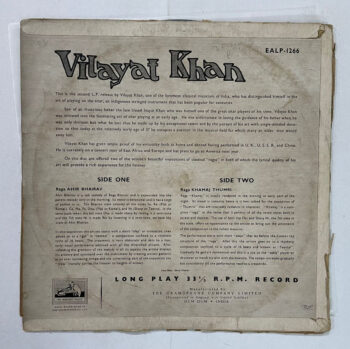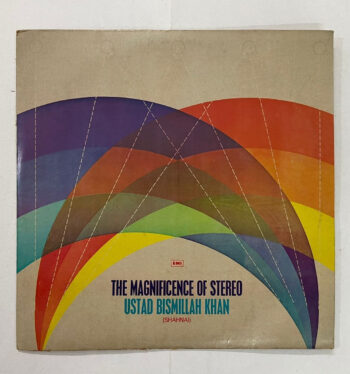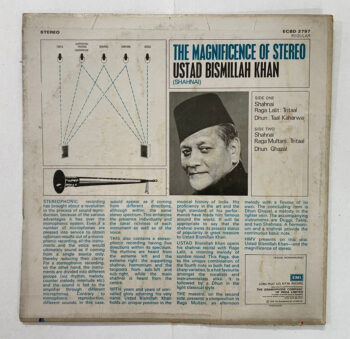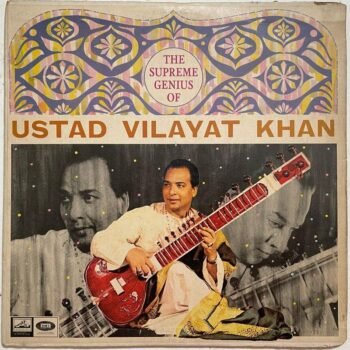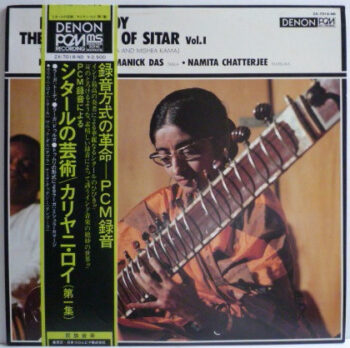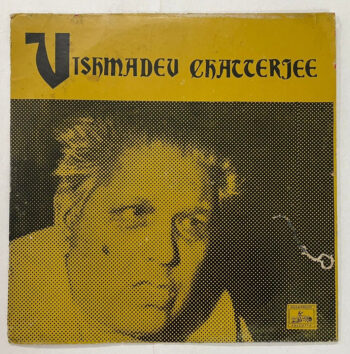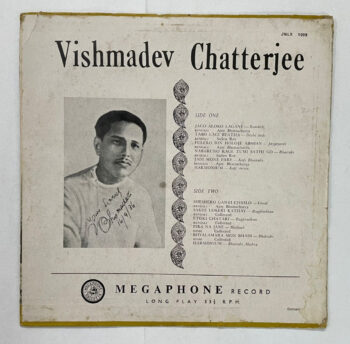Classical: Timeless Elegance, Symphonic Mastery, and Musical Legacy

Chronology and History
Classical music traces its roots to ancient civilizations, but it began taking recognizable form in the medieval period. Early European sacred music, such as Gregorian chants, laid the foundation for Western musical structure. By the late Middle Ages, composers like Hildegard von Bingen and Guillaume de Machaut were experimenting with polyphony and notation systems that would shape centuries of music to come.
The Renaissance brought a more humanistic and melodic approach. Composers like Josquin des Prez and Palestrina developed intricate vocal works with rich harmonies and emotional depth. Music became more expressive and structured, expanding beyond the church to courts and public spaces.
The Baroque era saw music become more ornate and dramatic. Composers such as Johann Sebastian Bach, George Frideric Handel, and Antonio Vivaldi introduced complex counterpoint, the concerto, and the oratorio. The harpsichord and early orchestras flourished, while opera emerged as a major art form.
Marked by clarity, balance, and form, the Classical period refined musical structure with the sonata and symphony. Giants like Wolfgang Amadeus Mozart, Joseph Haydn, and early Ludwig van Beethoven emphasized graceful melodies and logical architecture. Orchestras expanded, and public concerts became increasingly popular.
The Romantic era brought a surge of emotional intensity, national pride, and personal expression. Beethoven’s later works bridged into this period, joined by composers like Chopin, Brahms, Tchaikovsky, and Wagner. The piano became a central instrument, and orchestras grew larger and more dynamic. Themes of love, nature, and tragedy permeated the music.
The 20th century shattered conventions. Composers like Igor Stravinsky, Arnold Schoenberg, and John Cage pushed boundaries with atonality, serialism, and chance music. Minimalism emerged through figures like Philip Glass and Steve Reich, offering hypnotic, repetitive structures. Classical music entered new realms — from concert halls to film scores.
Today’s classical scene is global, diverse, and technologically rich. Contemporary composers blend classical techniques with electronic, jazz, and world music influences. Artists like Max Richter and Ólafur Arnalds have introduced classical sensibilities to wider audiences through film, ambient, and neoclassical recordings. Vinyl reissues, audiophile pressings, and modern ensembles keep the legacy alive for new generations of listeners.
Noteworthy Artists and Albums
- Alap – Amjad Ali Khan New Audio Cassette Amjad Ali Khan ₹799.00
Amjad Ali Khan’s Alap—pure nostalgia on cassette. Buy Alap cassette in Mint condition Today!
Only 1 left in stock
- Bilaskhani Todi / Rageshree / Dhun – Ustad Bismillah Khan And Party Used Vinyl LP Record (VG-) Ustad Bismillah Khan And Party ₹1,999.00
Buy Bilaskhani Todi / Rageshree / Dhun Vinyl LP in Very Good Minus condition Today!
Only 1 left in stock
- BISMILLAH KHAN – Bismillah Khan Used Vinyl LP Record Bismillah Khan ₹2,999.00
Master Ustad’s shehnai magic, preserved on a 1978 LP—Buy BISMILLAH KHAN vinyl LP in Very Good Minus condition Today!
Only 1 left in stock
- Celestial Evenings – Pandit Vijay Raghav Rao Used Audio Cassette Pandit Vijay Raghav Rao ₹499.00
Soothing flute meditations by Pandit Vijay Raghav Rao. Buy Celestial Evenings cassette in Very Good condition Today!
Only 1 left in stock
- Classical Melodies On The Santoor – Pandit Shiv Kumar Sharma Used Vinyl LP Record Pandit Shiv Kumar Sharma ₹1,999.00
Feel every delicate santoor note—Buy Classical Melodies On The Santoor vinyl LP in Very Good Minus condition Today!
Only 1 left in stock
- Duets – Vilayat Khan Used Vinyl LP Record Vilayat Khan ₹3,499.00
Vilayat Khan’s ‘Duets’ on vinyl—soulful sitar, rich sound. Buy Duets vinyl LP in Very Good Minus condition Today!
Only 1 left in stock
- Duets – Vilayat Khan Used Vinyl LP Record (VG) Vilayat Khan ₹1,999.00
Buy Duets Vinyl LP in Very Good condition Today!
Only 1 left in stock
- Eight Stages of Love – Javed Akhtar, Pt. Shivkumar Sharma New Audio Cassette (M) Javed Akhtar, Pt. Shivkumar Sharma ₹799.00
Eight Stages of Love cassette: Mint condition magic from Akhtar & Sharma. Buy Eight Stages of Love cassette in Mint condition Today!
Only 1 left in stock
- Expressions Vol. 2 – Nandkishor Muley New Audio Cassette Nandkishor Muley ₹799.00
Expressions Vol. 2 cassette in Near Mint—Nandkishor Muley at his most soulful. Buy yours Today!
Only 1 left in stock
- From The Concert Hall – Ali Akbar Khan Used Vinyl LP Record Ali Akbar Khan ₹1,499.00
Ali Akbar Khan’s 1980 classic, From The Concert Hall. VG- vinyl, remade cover. Buy From The Concert Hall vinyl LP in Very Good Minus condition Today!
Only 1 left in stock
- In Concert 1972 – Ravi Shankar Used Vinyl LP Record (VG-) Ravi Shankar ₹1,999.00
Buy In Concert 1972 vinyl LP in Used condition today!
Only 1 left in stock
- In Concert.. – Ali Akbar Khan New Audio Cassette Ali Akbar Khan ₹799.00
Ali Akbar Khan’s In Concert.. on cassette—Mint condition sound, VG- cover. Buy In Concert.. cassette in Mint condition Today!
Only 1 left in stock
- Indian Street Music – Bauls Used Vinyl LP Record (VG) Bauls ₹9,999.00
Buy Indian Street Music vinyl LP in Very Good condition Today!
Only 1 left in stock
- KHAYAL & THUMRI – Parween Sultana Used Vinyl LP Record Parween Sultana ₹999.00
Raw, evocative 1979 Parween Sultana—Buy KHAYAL & THUMRI vinyl LP in Poor condition Today!
Only 1 left in stock
- Kuchipudi Dance: Basics of Kuchipudi with Bol/Taal – Swapna Sundari New Audio Cassette Swapna Sundari ₹299.00
Unlock Kuchipudi’s grace—Swapna Sundari’s 1986 classic tape in pristine shape awaits. Buy yours today!
Only 1 left in stock
- Legends – M. S. Subbulakshmi New Audio Cassette (M) M. S. Subbulakshmi ₹799.00
Own M.S. Subbulakshmi’s ‘Legends’ on pristine cassette — a treasure in Mint condition. Buy Legends cassette in Mint condition Today!
Only 1 left in stock
- M. Balamurali Krishna Sings Classical & Traditional Songs – M. Balamuralikrishna Used Vinyl LP Record M. Balamuralikrishna ₹1,999.00
Unearth 1968’s gem—M. Balamurali Krishna on vinyl, soulful and in lovely VG- condition. Buy yours today!
Only 1 left in stock
- Maestro’s Choice – Kumar Gandharva New Audio Cassette Kumar Gandharva ₹799.00
Crystal-clear Kumar Gandharva magic—Buy Maestro’s Choice cassette in Near Mint condition Today!
Only 1 left in stock
- Moods: A Souvenir of Enchanting Indian Melodies – Vijay Raghav Rao New Audio Cassette Vijay Raghav Rao ₹799.00
Glimmering Hindi instrumentals – flawless tape, clean cover. Buy Moods: A Souvenir of Enchanting Indian Melodies cassette in Mint condition Today!
Only 1 left in stock
- Moon Light Moods – Flute Recital – Hariprasad Chaurasia Used Audio Cassette (VG-) Hariprasad Chaurasia ₹399.00
Buy Moon Light Moods – Flute Recital Cassette in Used condition Today!
Only 1 left in stock
- NIKHIL BANERJEE – NIKHIL BANERJEE Used Vinyl LP Record Nikhil Banerjee ₹999.00
Banerjee’s sitar magic, worn grooves & all. Buy NIKHIL BANERJEE vinyl LP in Poor condition Today!
Only 1 left in stock
- Padma Bhooshan Ustad Bade Ghulam Ali Khan – Bade Ghulam Ali Khan Used Vinyl LP Record Bade Ghulam Ali Khan ₹3,499.00
Feel the timeless magic—Buy Padma Bhooshan Ustad Bade Ghulam Ali Khan vinyl LP in Very Good condition Today!
Only 1 left in stock
- Raga Durga / Raga Nandkauns – Amjad Ali Khan Used Vinyl LP Record (VG-) Amjad Ali Khan ₹2,499.00
Buy Raga Durga / Raga Nandkauns Vinyl LP in Very Good Minus condition Today!
Only 1 left in stock
- Raga Jogeshwari – Ravi Shankar, Alla Rakha – LP – Pre Owned Vinyl (Arrives in 14days) Ravi Shankar, Alla Rakha ₹2,999.00
A groundbreaking sitar and tabla exploration—Ravi Shankar’s rare raga reveals new depths with every listen.
Only 1 left in stock
- Raga Marwa / Darbari Kanada – Amir Khan Used Vinyl LP Record Amir Khan ₹2,499.00
Gently played Amir Khan classic—hear the soul of Indian Classical. Buy Raga Marwa / Darbari Kanada vinyl LP in Very Good Minus condition Today!
Only 1 left in stock
- Raga Todi Raga Malkauns – Omkarnath Thakur Used Vinyl LP Record (VG-) Omkarnath Thakur ₹2,499.00
Buy Raga Todi Raga Malkauns vinyl LP in Very Good Minus condition Today!
Only 1 left in stock
- Raga Todi • Mishra Thumri – Bismillah Khan Used Vinyl LP Record Bismillah Khan ₹999.00
Old-school allure: Raga Todi • Mishra Thumri LP in Poor shape. Buy Raga Todi • Mishra Thumri vinyl LP in Poor condition Today!
Only 1 left in stock
- Sangeet Martand – Omkarnath Thakur Used Vinyl LP Record (VG-) Omkarnath Thakur ₹1,999.00
Buy Sangeet Martand Vinyl LP in Very Good Minus condition Today!
Only 1 left in stock
- Sangeet Shastra (Basics of classical music) – B.R. Verma New Audio Cassette B.R. Verma ₹299.00
Unlock B.R. Verma’s Hindi music wisdom—Buy Sangeet Shastra (Basics of classical music) cassette in Mint condition Today!
Only 1 left in stock
- Sarod – Aashish Khan Used Vinyl LP Record Aashish Khan ₹1,499.00
Aashish Khan’s Sarod: authentic 1979 Polydor LP, rich sound with a lived-in cover. Buy Sarod vinyl LP in Very Good Minus condition Today!
Only 1 left in stock
- Shehnai – Bismillah Khan Used Vinyl LP Record Bismillah Khan ₹3,499.00
Feel the magic of Bismillah Khan—Buy Shehnai vinyl LP in Very Good condition Today!
Only 1 left in stock
- Shehnai – Bismillah Khan Used Vinyl LP Record Bismillah Khan ₹999.00
Mesmerizing Bismillah Khan Shehnai LP, VG- sound & cover. Buy Shehnai vinyl LP in Very Good Minus condition Today!
Only 1 left in stock
- Shehnai And Violin (Jugalbandi) – Bismillah Khan Used Vinyl LP Record Bismillah Khan ₹1,499.00
Bismillah Khan’s ‘Shehnai And Violin’: rare sonic poetry, VG- LP & remade cover. Buy Shehnai And Violin (Jugalbandi) vinyl LP in Very Good Minus condition Today!
Only 1 left in stock
- Shehnai Nawaz – Bismillah Khan Used Vinyl LP Record Bismillah Khan ₹1,499.00
Bismillah Khan’s Shehnai Nawaz LP—soulful tones, classic EMI label. Buy Shehnai Nawaz vinyl LP in Very Good Minus condition Today!
Only 1 left in stock
- Shehnai-Nawaz – Bismillah Khan Used Vinyl LP Record Bismillah Khan ₹1,499.00
Bismillah Khan’s rare 1963 Shehnai-Nawaz LP — slice of Indian classical magic. Buy Shehnai-Nawaz vinyl LP in Very Good Minus condition Today!
Only 1 left in stock
- Shenai & Violin – Bismillah Khan Used Vinyl LP Record (VG-) Bismillah Khan ₹1,999.00
Buy Shenai & Violin Bismillah Khan vinyl LP in Very Good Minus condition Today!
Only 1 left in stock
- SHREE, SINDHU BHAIRAVI – VARIOUS Used Vinyl LP Record Various ₹2,999.00
Shree, Sindhu Bhairavi LP—Hindi classical magic, VG sound & lovely aged cover. Buy SHREE, SINDHU BHAIRAVI vinyl LP in Very Good condition Today!
Only 1 left in stock
- SITAR – Nikhil Banerjee Used Vinyl LP Record Nikhil Banerjee ₹1,499.00
Hypnotic sitar melodies from Nikhil Banerjee—1972 EMI. Buy SITAR vinyl LP in Very Good Minus condition Today!
Only 1 left in stock
- The Genius Of Vilayat Khan – Vilayat Khan Used Vinyl LP Record Vilayat Khan ₹1,499.00
Vilayat Khan’s sitar magic, preserved on this ’62 LP—buy The Genius Of Vilayat Khan vinyl LP in Very Good Minus condition Today!
Only 1 left in stock
- The Magnificence Of Stereo – Bismillah Khan Used Vinyl LP Record Bismillah Khan ₹1,499.00
Ustad Bismillah Khan’s stereo magic—sound as rich as ever. Buy The Magnificence Of Stereo vinyl LP in Very Good condition Today!
Only 1 left in stock
- The Supreme (Cassette – 5) – M.S. Subbulakshmi New Audio Cassette M.S. Subbulakshmi ₹799.00
M.S. Subbulakshmi’s rare 1998 The Supreme cassette—flawless sound, untouched cover. Buy it in Mint condition Today!
Only 1 left in stock
- The Supreme – M.S. Subbulakshmi New Audio Cassette M.S. Subbulakshmi ₹499.00
Hear M.S. Subbulakshmi shine—Buy The Supreme cassette in Mint condition Today!
Only 1 left in stock
- The Supreme Genius Of Ustad Vilayat Khan – Vilayat Khan Used Vinyl LP Record Vilayat Khan ₹1,499.00
Hear sitar mastery—The Supreme Genius Of Ustad Vilayat Khan LP in Very Good condition. Buy Today!
Only 1 left in stock
- The Supreme Genius Of Ustad Vilayat Khan – Vilayat Khan Used Vinyl LP Record (VG-) Vilayat Khan ₹1,999.00
Buy The Supreme Genius Of Ustad Vilayat Khan Vinyl LP in Very Good Minus condition Today!
Only 1 left in stock
- The Virtuoso Of Sitar Vol. I – Kalyani Roy – LP – Pre Owned Vinyl (Arrives in 14days) Kalyani Roy ₹8,499.00
Experience Kalyani Roy’s dazzling sitar mastery—Indian Classical music at its most expressive and luminous.
Only 1 left in stock
- Two Rāga Moods – Ravi Shankar Used Vinyl LP Record Ravi Shankar ₹1,999.00
Ravi Shankar’s ‘Two Rāga Moods’—captivating 1967 vinyl, VG- sound, rare find. Buy Two Rāga Moods vinyl LP in Very Good Minus condition Today!
Only 1 left in stock
- Vishmadev Chatterjee – Vishmadev Chatterjee Used Vinyl LP Record Vishmadev Chatterjee ₹999.00
Rare 1970 Vishmadev Chatterjee LP—warm Bengali melodies on vinyl. Very Good Minus. Buy Vishmadev Chatterjee vinyl LP in Very Good Minus condition Today!
Only 1 left in stock
- Vishmadev Chatterjee – Vishmadev Chatterjee Used Vinyl LP Record Vishmadev Chatterjee ₹799.00
Rare 1978 Vishmadev Chatterjee LP—gentle wear, soulful spins. Buy Vishmadev Chatterjee vinyl LP in Very Good Minus condition Today!
Only 1 left in stock



